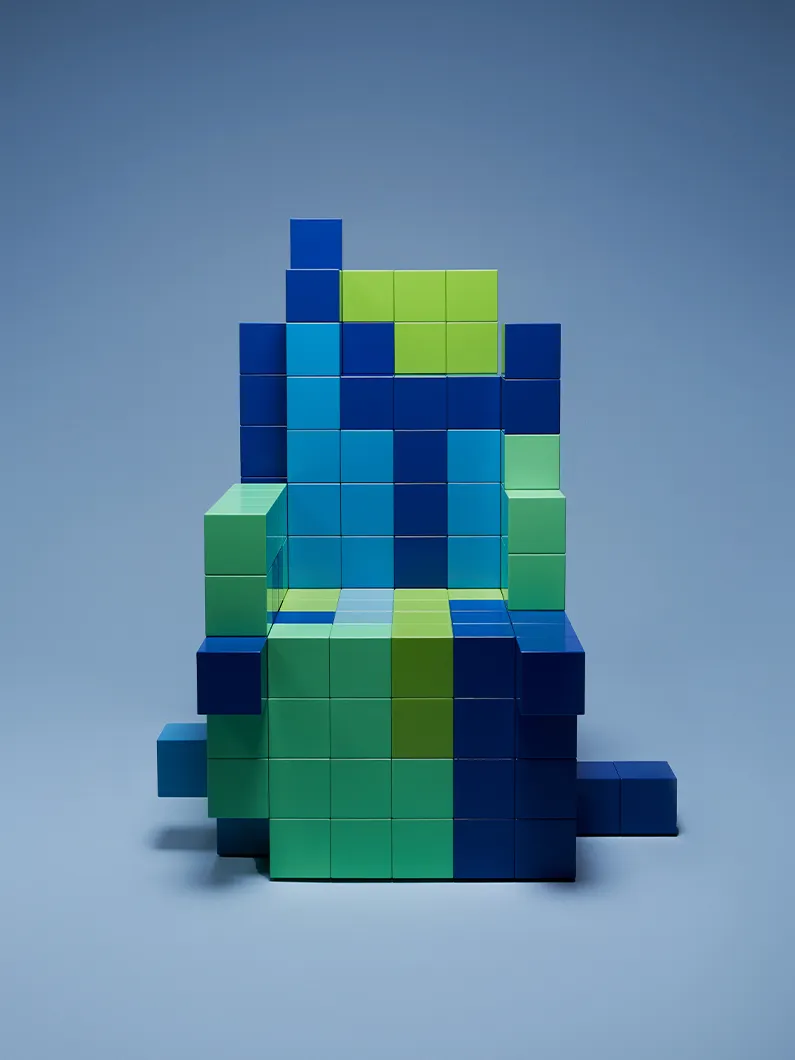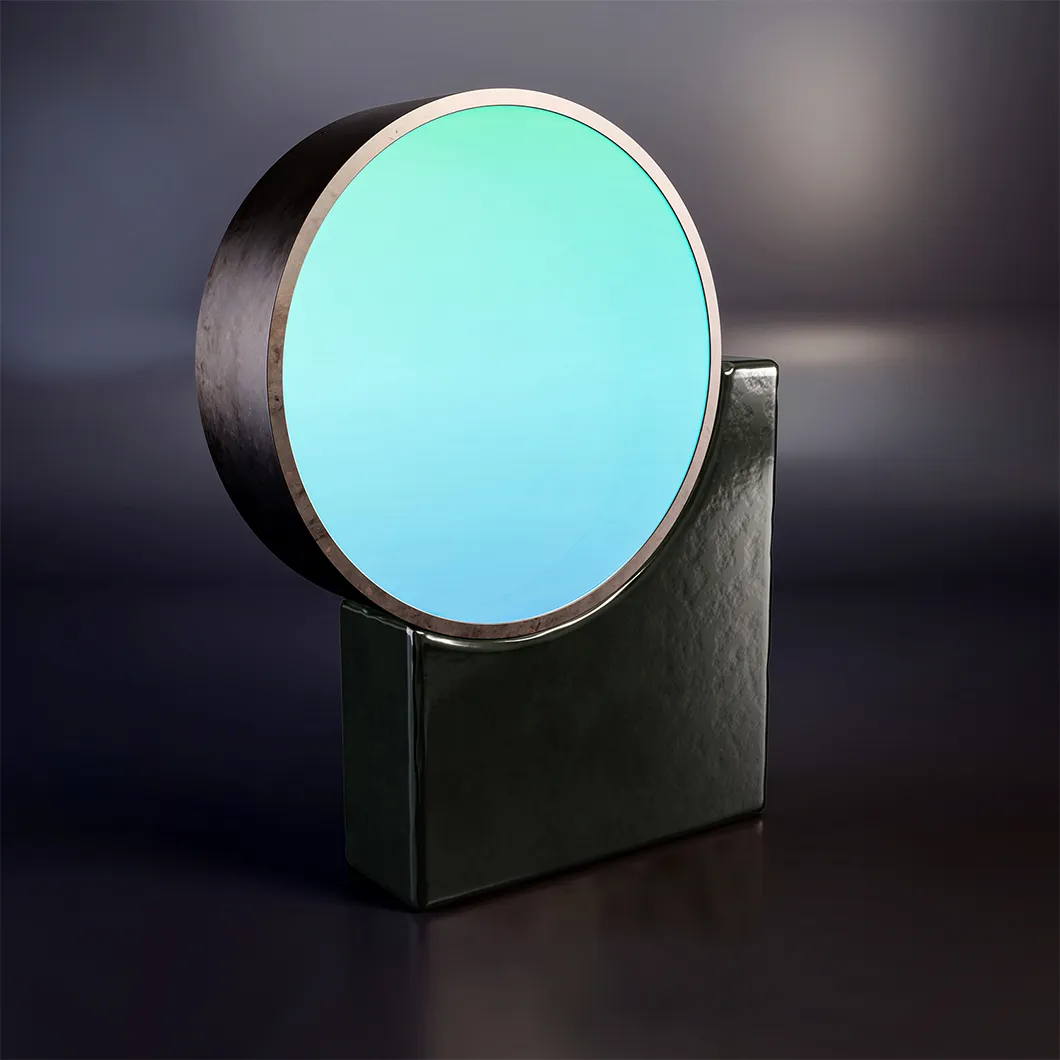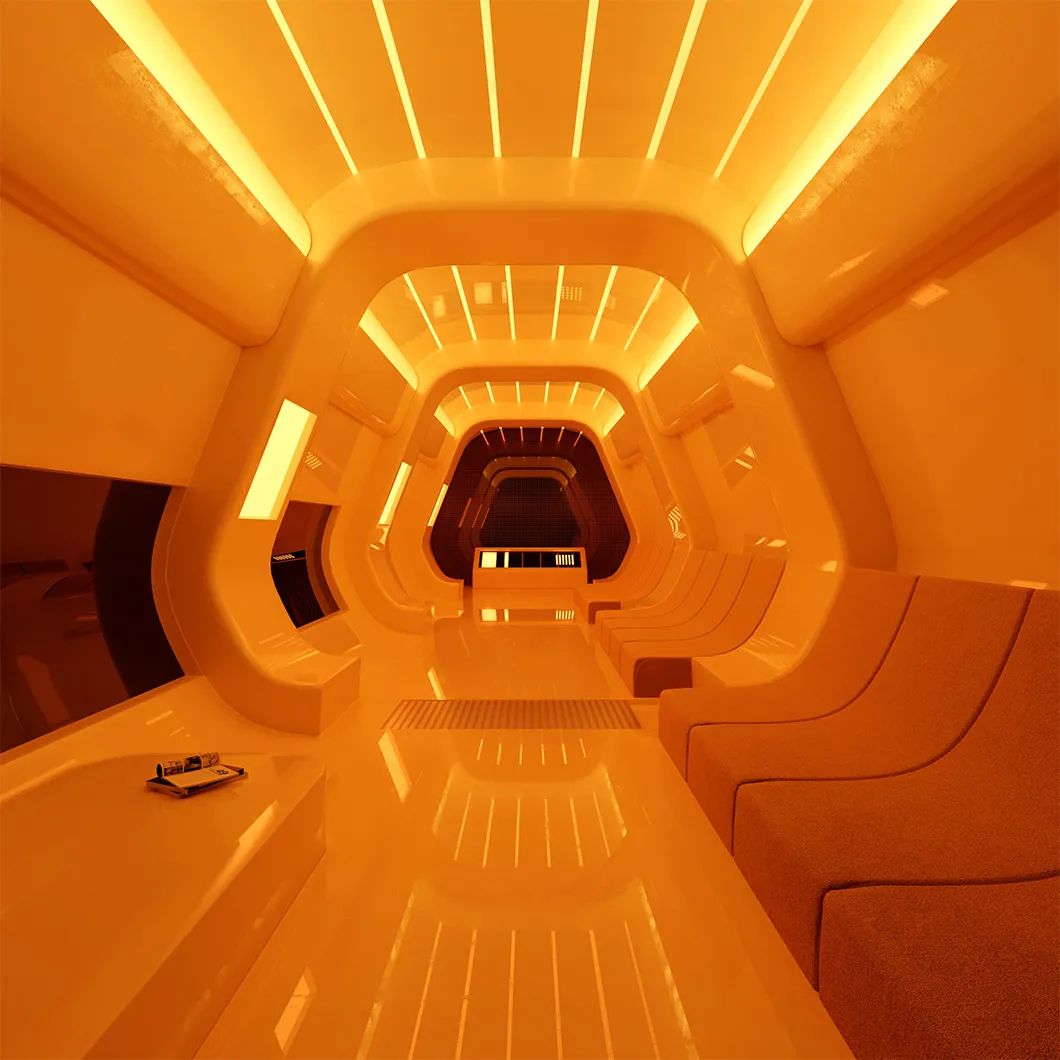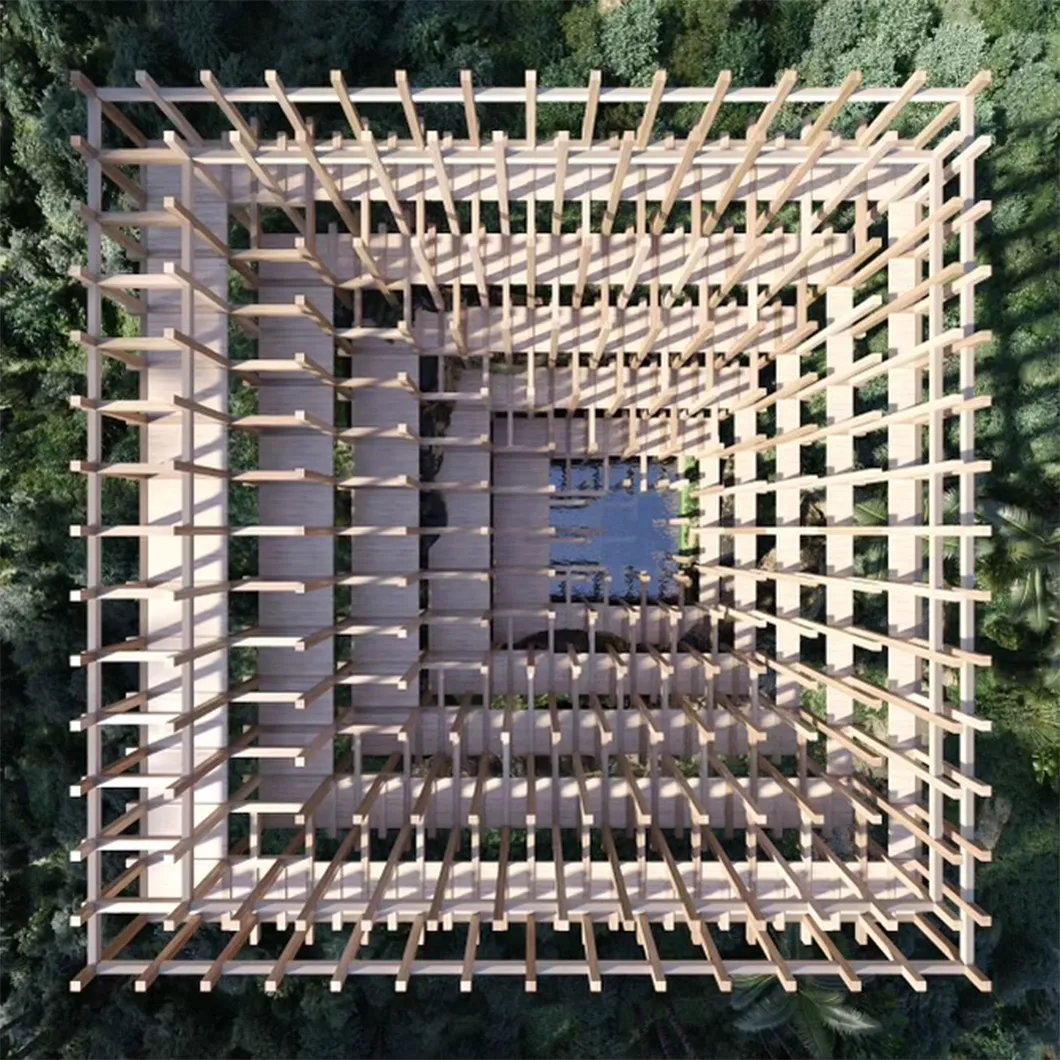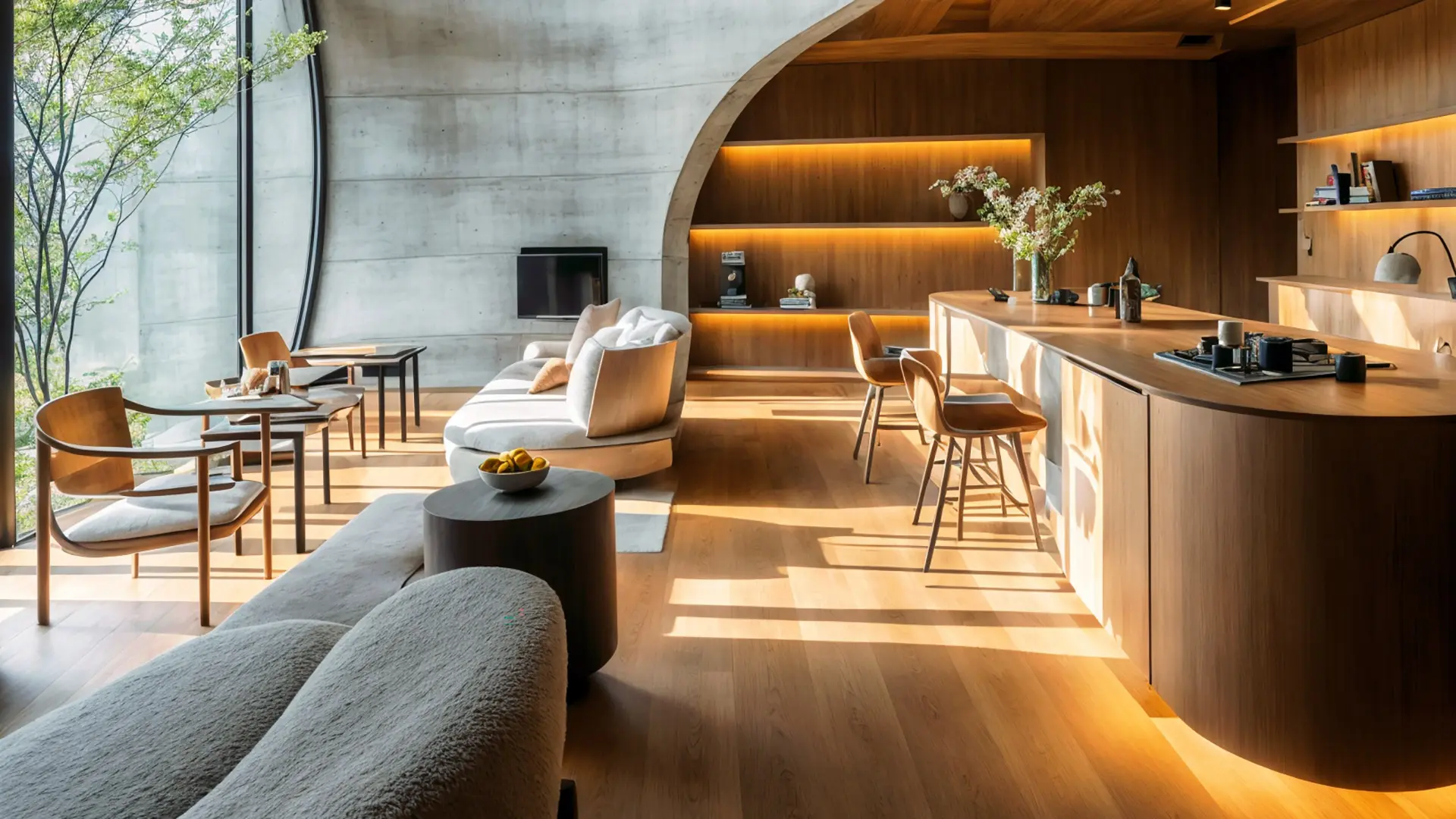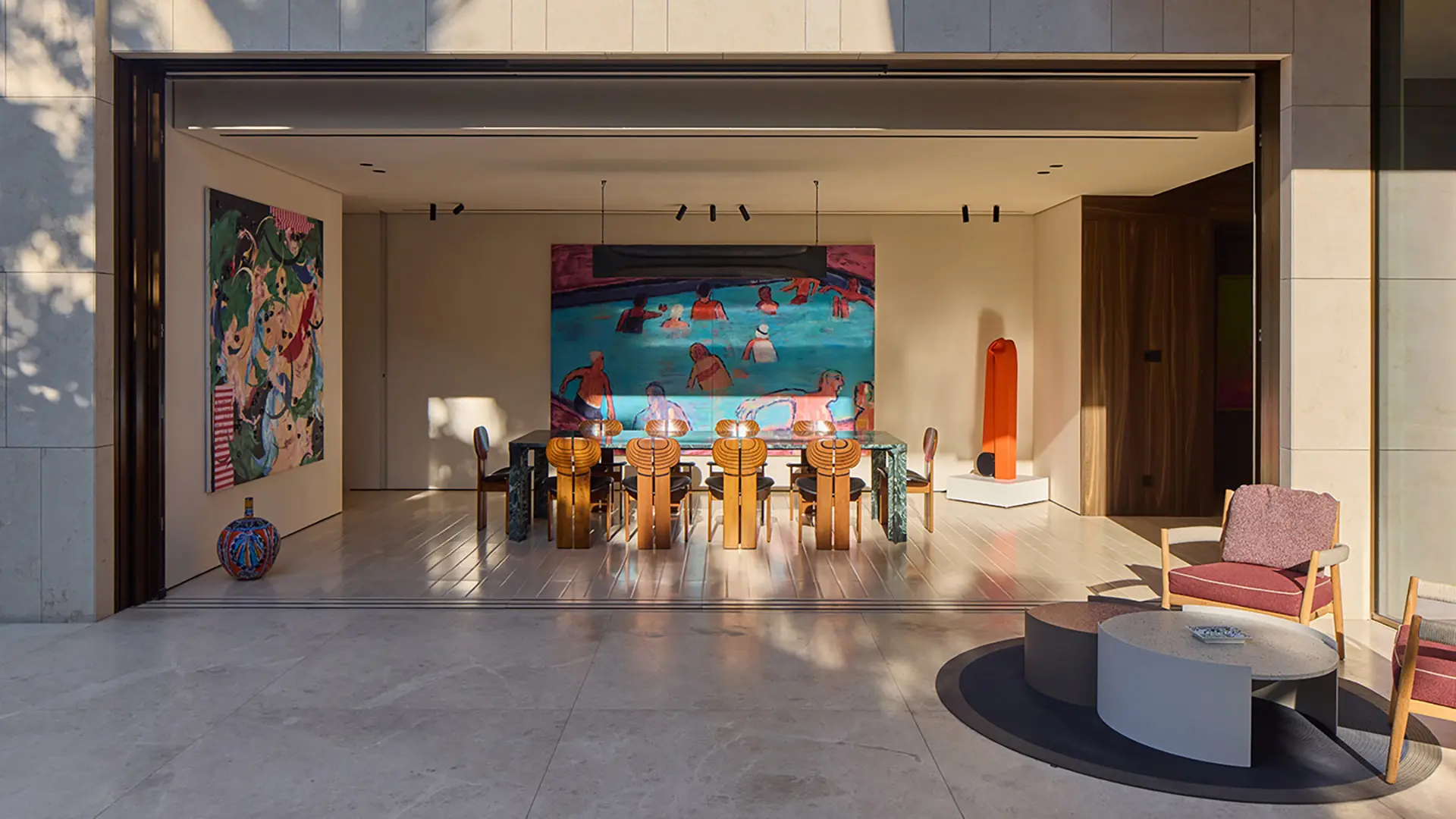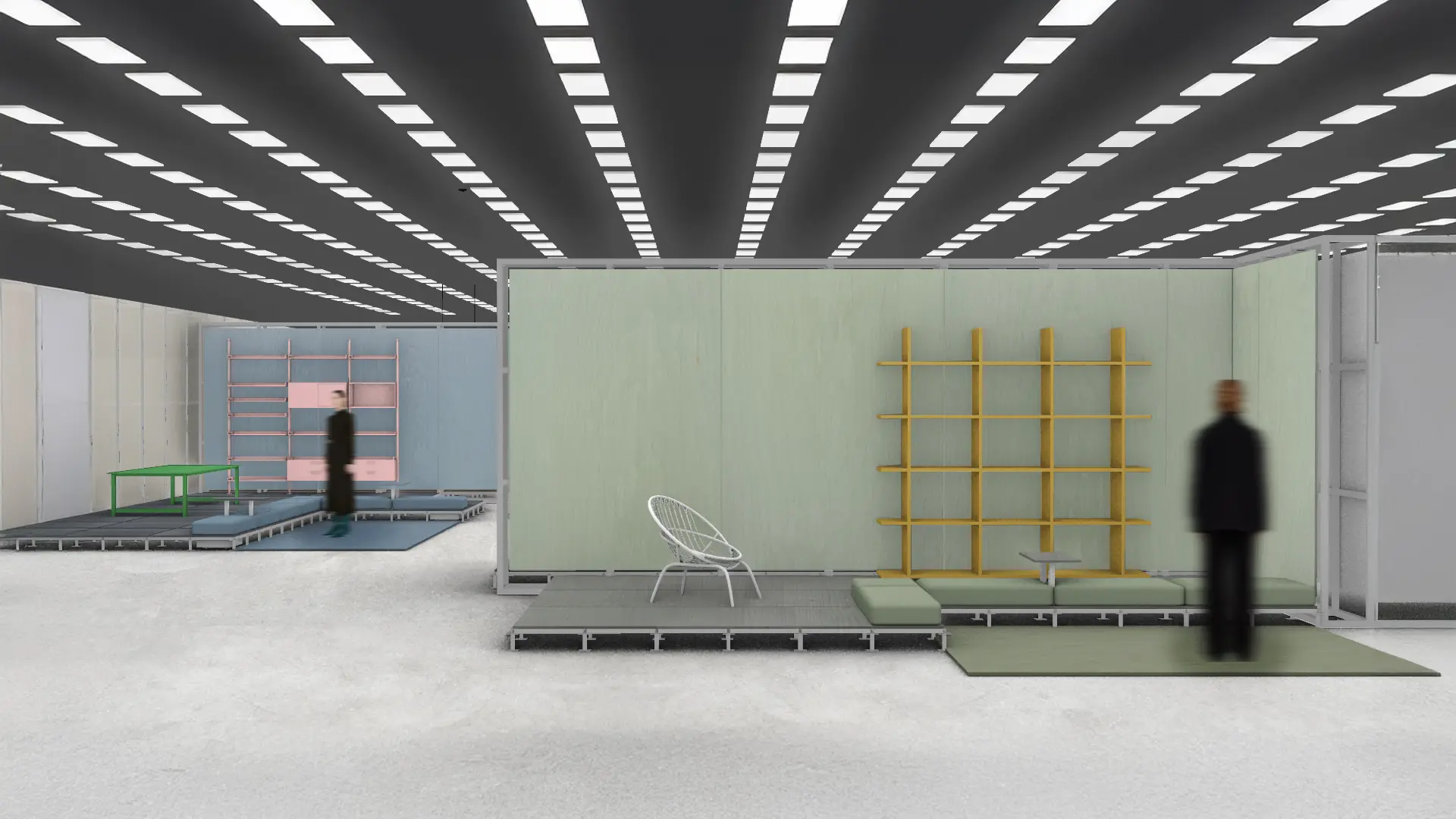Smart and sustainable purchases: how to make the most of the appliance bonus and how to apply. Requirements, amounts and limits to be aware of
Dematerialized art on display for Elle Decoration France
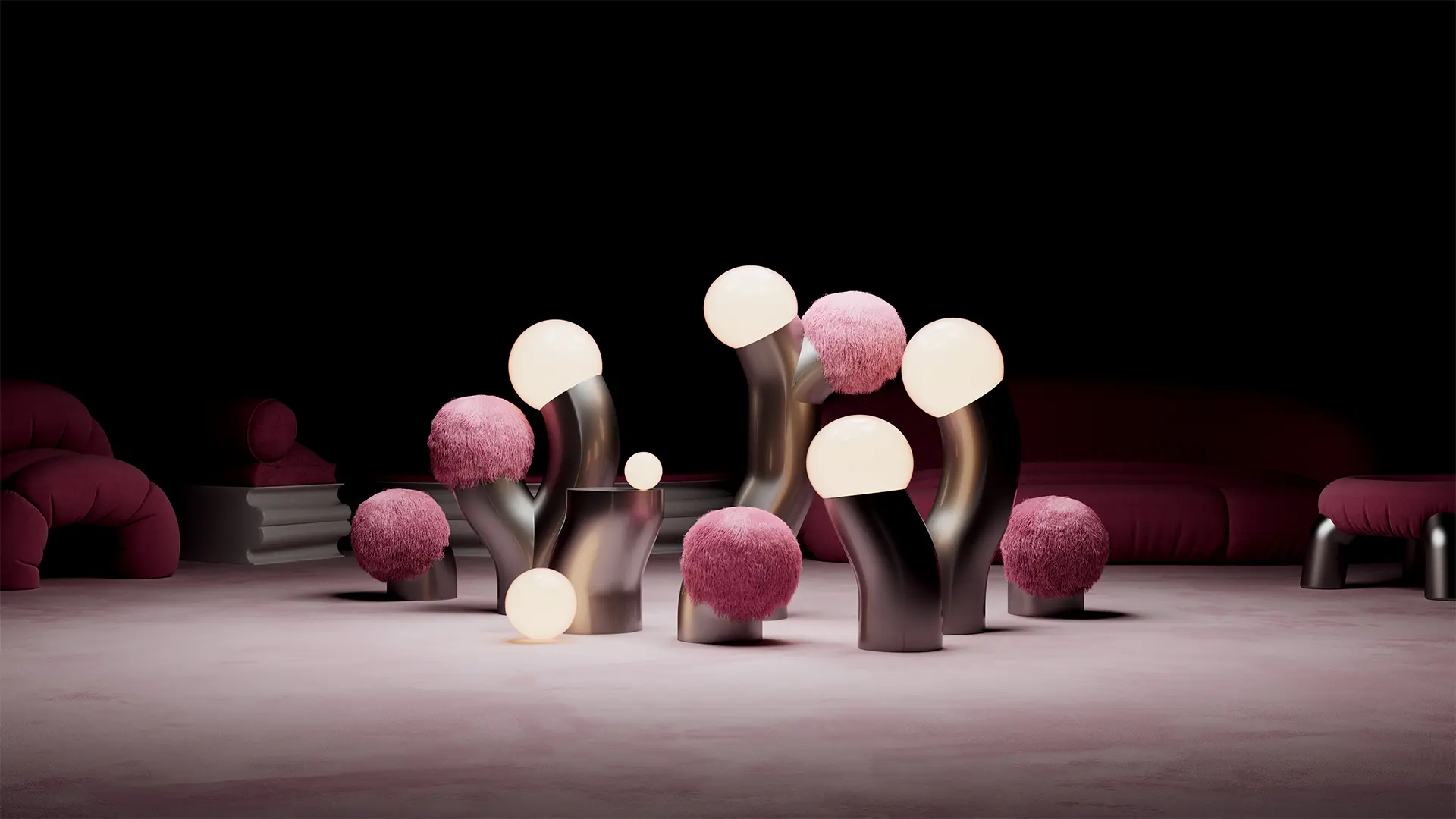
NFT, design by Benoit Challand and Pietro Franceschini, D3SIGN CAPSULE
A symbolic celebration of the 35th anniversary of Elle Decoration France with the “D3SIGN CAPSULE”, the exhibition on the Web3 organized by a European interior design magazine, is opening at the National Archives in Paris. A step towards the metaverse with 16 digital works framed by a discreet and minimalist set-up. An attempt to create a bridge between the tangible heritage of the magazine and the future represented by the dematerialized world
Art, from the earliest cave paintings all the way up to the ultramodern depictions of the present day, is always created in the artist's imagination and then takes shape as a prehistoric hunting scene, a painting by Artemisia Gentileschi, a furnishing by Anna Castelli Ferrieri or a building by Lina Bo Bardi. At this point it becomes concrete, accessible and comprehensible to our five senses. Lately, our aesthetic-cultural receptors are becoming accustomed to the increasingly frequent presence of digital works. There are aficionados and enthusiasts who got in early, as well as inquiring spirits who observe the phenomenon with misgivings. The fact is that the introduction of NFTs, the device that certifies the authenticity of digital works on the net, has revolutionized a development already begun by the first cryptoartists in the 60s, creating new artistic and above all economic dynamics on a global level.
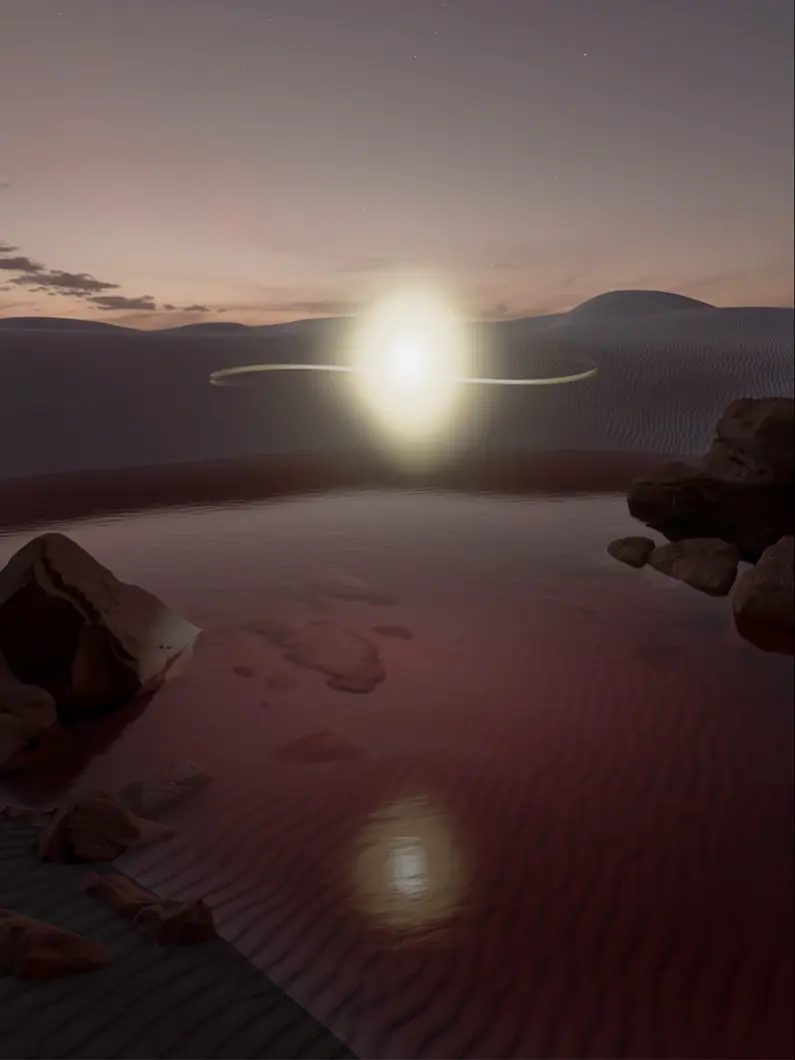
NFT, design by Constance Guisset and Charlotte Taylor, D3SIGN CAPSULE
The first floor of the Hôtel Soubise, the splendid premises of the National Archives founded in 1790, is hosting the very first digital art exhibition organized by Elle Decoration France. An ideal occasion, the 35th anniversary of the well-known interior design magazine, to explore new languages and create beauty in innovative ways. The idea comes from wanting to create a link between the traditional account, on coated paper, of the art of furnishing living spaces and the evolution of our lifestyle with modern forms of artistic expression. The challenge of curating the show was entrusted to Jean-Christophe Camuset, head of service of Elle Decoration France, who has brought together 16 architects and designers with as many digital artists to engage in a dialogue giving rise to 16 virtual works. In this he is assisted by the set designer and director Sam Baron, who presents a lightweight exhibition design, using raw wooden crates for transporting paintings, inserting as a backdrop a finely gilded panel artfully prepared by Parisian master cabinet makers. This setup catches the visitors’ attention and returns them to the reality of the fabulous setting.
The artists, working in tandem, have imagined some concrete objects such as lamps or armchairs, while they seem to prefer scenic settings, constructions and phantasmagorical arrangements perfect for a video game or an alternative life in some virtual world. At the same time, many digital works are accompanied by a physical model. In some cases, the artists have reproduced the object itself, others have added the 3D model and the planimetry for a possible construction of the structure itself.
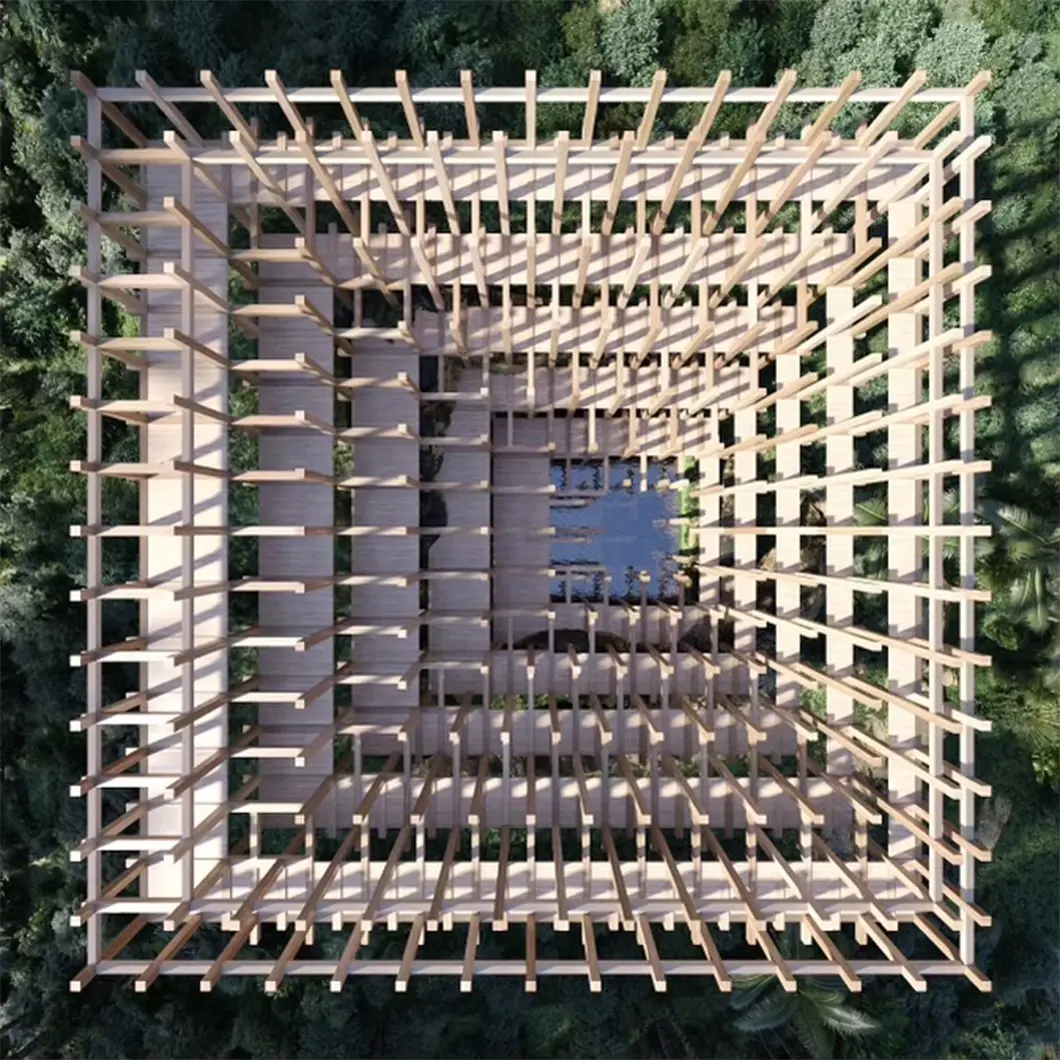
NFT, design by Manuel Cervantes and Nicholas Préaud, D3SIGN CAPSULE
Camuset sees no conflict between digital art and physical art: “The two worlds coexist. They are complementary and the one is not trying to replace the other.” The curator therefore plays with dematerialized art, imprinted in a digital code, the heart and existential substance of the work itself, which, experts say, does not risk disintegrating and disappearing if some unfortunate accident should cause the server on which it is stored to break down. Then there are the anthropological and social implications of the digital world, since the sharing of the sensory experience in a social and physical context, such as a museum or fair, adds the dimension of the sixth sense, joint participation with other visitors to the “consummation” of the work itself. Jean-Christoph Camuset argues that creativity needs to be left free to experiment with new technologies, whose exploratory processes will convey tradition towards a nascent and still little-known artistic language. The ecological footprint of digital art, which requires immense quantities of energy to sustain it, remains a crucial issue. The “D3SIGN CAPSULE” stresses the commitment to a more sustainable approach and focuses on The Merge, the long-awaited updating of the Ethereum software, currently expected. The Ethereum Foundation claims it will reduce energy consumption by some 99.95%.
The digital art on display will be auctioned following the exhibition’s closing on September 18th 2022.
Artists involved in the project: Gilles & Boissier / Aurèce Vettier, Constance Guisset / Charlotte Taylor, Hermine Bourdin / Krista Kim, Uchronia / David Porte Beckefeld, Bismut&Bismut / DYONISIOS, Charles Zana / Thomas Paquet, Benoit Challand / Pietro Franceschini, Manuel Cervantes / Nicholas Préaud, Döppel Studio / Emir Shiro, Laura Gonzalez / Renaissance, Tom Dixon / Alba de la Fuente, Sam Buckley / Anthony Authie (Zyva Studio), Benjamin Guedj / Joris Poggioli, Christiane Lemieux / William Mapan, Isabelle Stanislas / Meteor Studio, Sylvain Dubuisson et Mobilier National / Vincent Poinas


 Salone Selection
Salone Selection
